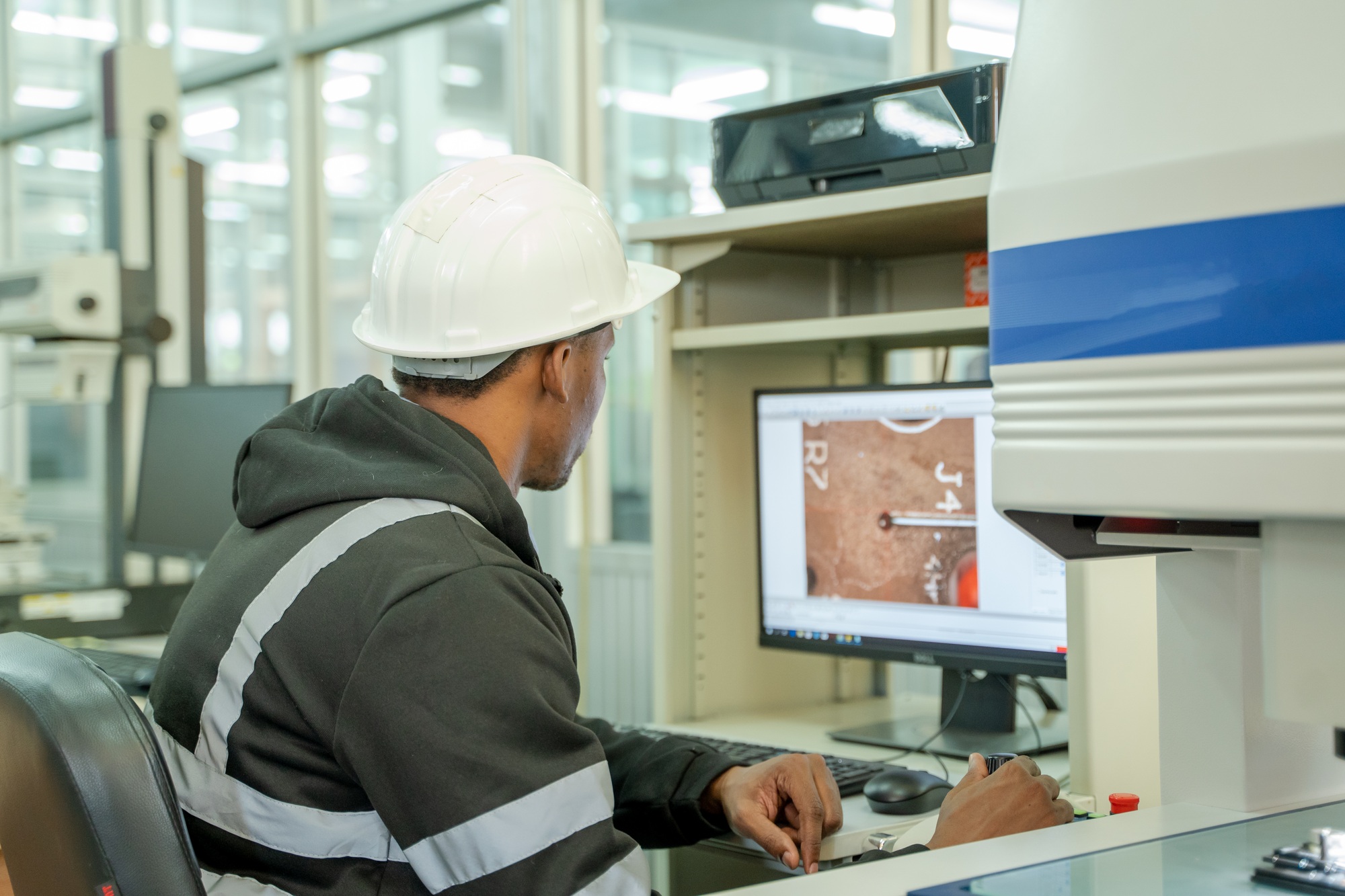Artificial intelligence is revolutionizing how we conduct scientific research, and AI Lab Lila is at the forefront of this transformative journey. By harnessing advanced machine learning, robotics, and interdisciplinary collaboration, Lila is redefining research methodologies and accelerating discovery in fields as diverse as biotechnology, climate science, and materials engineering.
Harnessing AI to Accelerate Discovery
AI Lab Lila leverages powerful computational tools to analyze enormous datasets and simulate complex phenomena. With state-of-the-art techniques such as generative modeling and reinforcement learning, the lab creates synthetic data and optimizes experimental designs in real time. This innovative approach not only speeds up the hypothesis-testing process but also allows scientists to visualize and predict outcomes with remarkable precision.
Generative Modeling and Reinforcement Learning
- Generative Modeling: Utilizing generative adversarial networks (GANs) and similar technologies, Lila creates synthetic scenarios that mimic real-world experiments. This capability enables researchers to test multiple hypotheses rapidly, saving time and resources.
- Reinforcement Learning: By applying reinforcement learning, the lab dynamically adjusts experimental protocols. This method minimizes trial-and-error and fine-tunes experiments on the fly, ensuring efficient use of resources and more accurate results.
Interdisciplinary Collaboration and Robotic Integration
A key strength of AI Lab Lila is its commitment to interdisciplinary collaboration. The lab brings together experts from genomics, climate science, materials engineering, and other fields, creating a rich environment where ideas and innovations intersect.
Robotic Automation in the Lab
Lila also integrates AI with robotics to automate routine tasks:
- Efficiency Boost: Robots, equipped with AI-driven vision and manipulation capabilities, perform repetitive experiments with unmatched precision.
- Safety and Consistency: These robotic systems handle hazardous materials and execute dangerous procedures, ensuring both the safety of researchers and the consistency of experimental data.
- Real-Time Feedback: Integrated sensors provide immediate data, allowing AI systems to adjust experiments dynamically for optimal performance.
Ethical and Societal Considerations
While AI accelerates scientific progress, it also raises important ethical and societal questions. AI Lab Lila has implemented robust measures to address these concerns:
- Data Privacy and Security: Strict protocols protect sensitive research data from unauthorized access.
- Intellectual Property and Transparency: Clear guidelines are in place to manage intellectual property rights and ensure that contributions from both AI systems and human researchers are properly acknowledged.
- Workforce Evolution: The rise of AI in research necessitates new skills and redefines roles, prompting academic institutions to adapt by offering training in AI and data science.
Looking Ahead: The Future of AI-Driven Research
The innovations at AI Lab Lila signal a new era in scientific discovery. As the lab continues to push the boundaries of what is possible, we can anticipate:
- Open Science Initiatives: Enhanced data sharing and collaboration across global research communities.
- Enhanced Predictive Models: Improved accuracy in predicting complex scientific phenomena, leading to breakthroughs in personalized medicine and environmental science.
- Integration with Emerging Technologies: The fusion of AI with quantum computing, nanotechnology, and advanced robotics will further expand the frontiers of research.
AI Lab Lila is not just a research facility—it is a glimpse into a future where scientific exploration is faster, more collaborative, and more transformative than ever before.

Frequently Asked Questions
Q1: What is AI Lab Lila and how does it innovate scientific research?
A: AI Lab Lila is a cutting-edge research facility that integrates advanced AI techniques such as generative modeling and reinforcement learning with robotics to accelerate scientific discovery. It enhances research efficiency, optimizes experimental design, and fosters interdisciplinary collaboration across various scientific domains.
Q2: How does AI improve the research process at AI Lab Lila?
A: AI automates repetitive tasks, generates synthetic data for simulation, and dynamically optimizes experiments in real time. This leads to faster hypothesis testing, more accurate predictions, and the ability to explore complex scientific phenomena that would be challenging using traditional methods.
Q3: What ethical and societal challenges does AI-driven research present, and how are they addressed?
A: The integration of AI in research raises concerns about data privacy, cybersecurity, intellectual property rights, and the potential impact on the workforce. AI Lab Lila addresses these challenges by implementing strict data protection protocols, establishing clear guidelines for credit and ownership, and promoting workforce training in AI and data science to prepare for the evolving research landscape.
AI Lab Lila is at the cutting edge of a scientific revolution, blending the power of artificial intelligence with human ingenuity. As research becomes more efficient and innovative, the discoveries made here will not only deepen our understanding of the world but also pave the way for solutions to some of the most pressing challenges of our time.
Sources The New York Times


